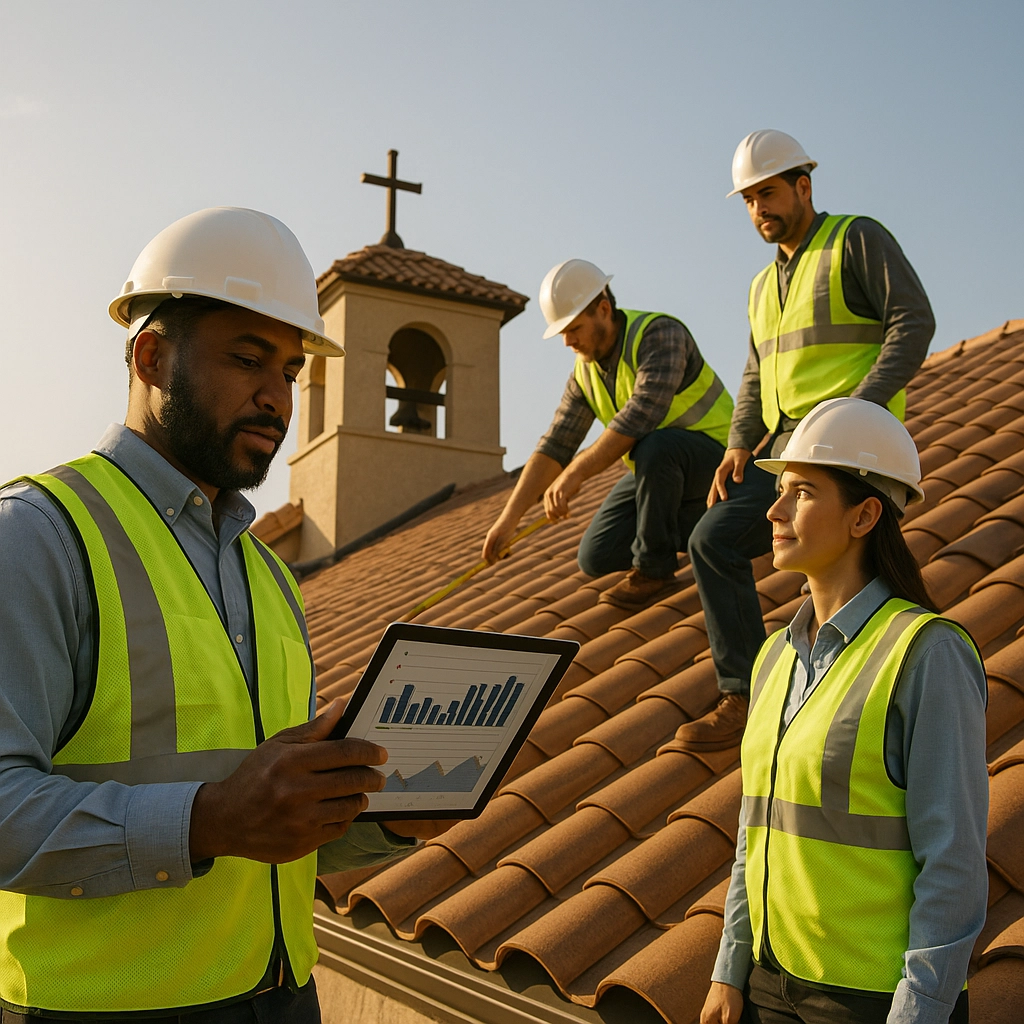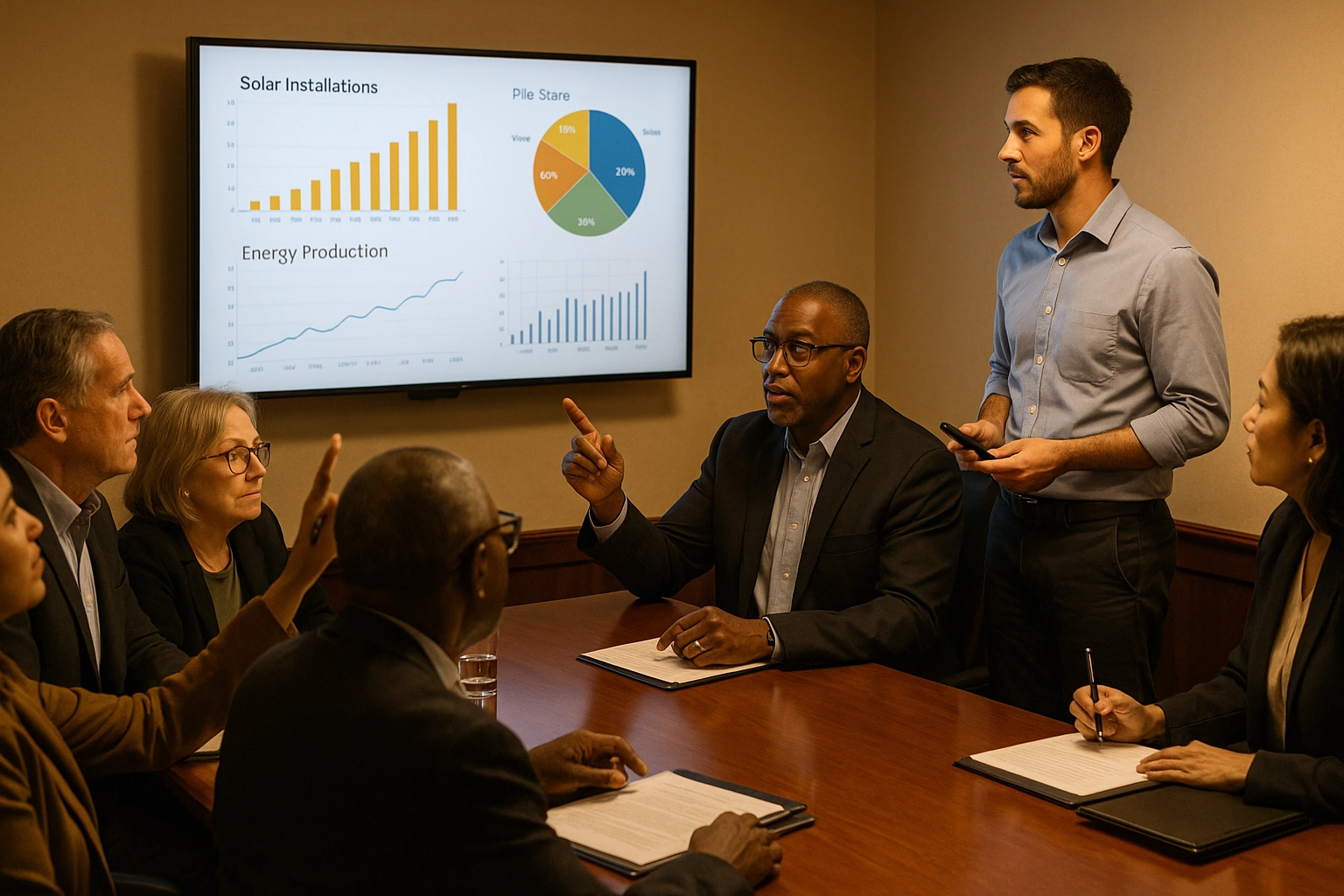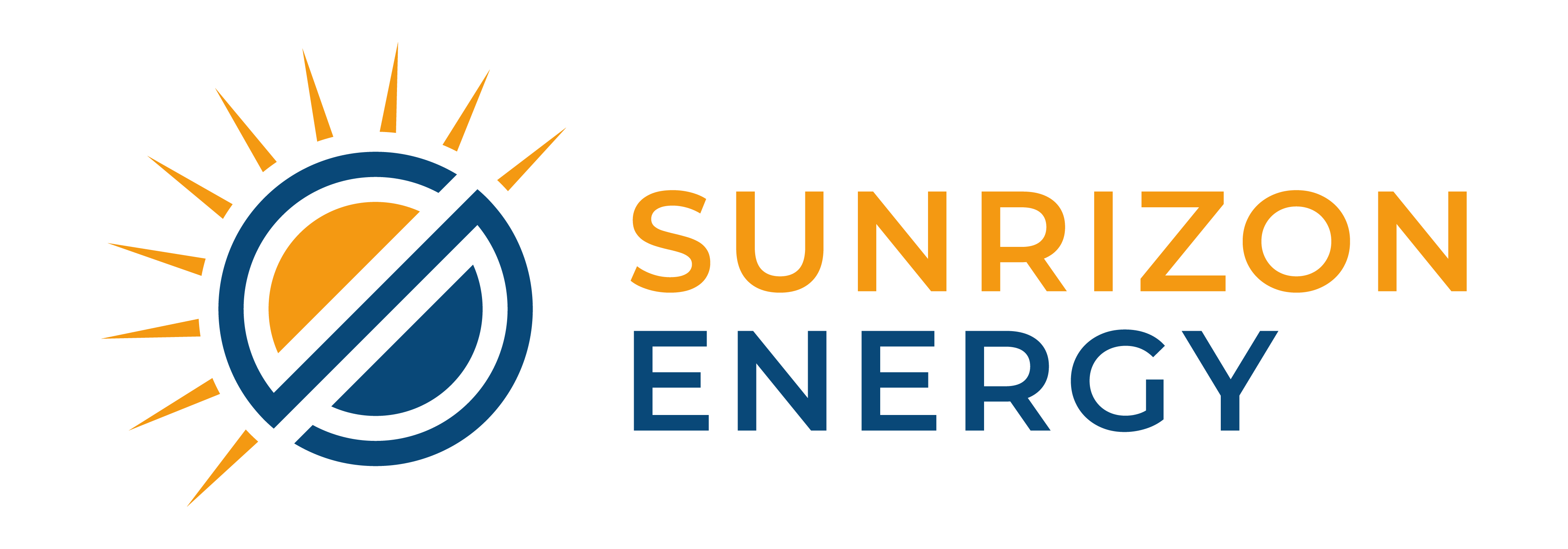When your Texas nonprofit is considering solar installation, distinguishing between companies that genuinely prioritize your savings and those focused solely on closing deals becomes critical. Churches and schools operate on tight budgets where every dollar counts, making it essential to partner with installers who understand your unique financial constraints and mission-driven priorities.
Texas nonprofits face distinct challenges in the solar marketplace. With abundant sunshine and rising energy costs, solar presents significant opportunities, but the wrong installer can turn potential savings into costly mistakes. Understanding how to evaluate solar companies ensures your organization maximizes both immediate and long-term financial benefits.
Red Flags That Signal Sales-First Mentality
Several warning signs indicate when solar companies prioritize their profits over your savings. Door-to-door sales tactics remain common in Texas, but legitimate solar installers rarely use high-pressure approaches with nonprofits. Companies that push for immediate decisions or claim limited-time offers are typically more interested in quick sales than optimal solutions.
Beware of installers who provide quotes without thoroughly reviewing your energy usage patterns. Any reputable company must examine at least 12 months of utility bills before designing your system. Companies offering instant estimates or cookie-cutter solutions demonstrate little interest in maximizing your specific savings potential.

Price-focused presentations also raise concerns. While cost matters for nonprofits, companies that lead with lowest prices often compromise on equipment quality or installation standards. These shortcuts ultimately reduce your long-term savings and system reliability.
Generic marketing materials represent another red flag. Solar companies genuinely committed to nonprofit savings customize their presentations to address unique considerations like grant opportunities, donor relations, and mission alignment. One-size-fits-all approaches suggest limited understanding of your sector's needs.
Signs of Genuine Commitment to Your Savings
Authentic solar partners demonstrate their commitment through comprehensive evaluation processes. They begin by analyzing your complete energy profile, including seasonal variations, peak usage times, and growth projections. This detailed assessment ensures system sizing aligns perfectly with your consumption patterns.
Quality installers provide transparent financial projections spanning 20-25 years. These projections include realistic maintenance costs, potential equipment replacements, and degradation factors that affect long-term performance. Companies focused on your success present conservative estimates rather than inflated savings claims.
Nonprofit-focused installers understand grant landscapes and financing options specific to religious and educational organizations. They actively help identify federal, state, and utility incentives that maximize your project's financial viability. This includes understanding how tax-exempt status affects various solar programs and identifying alternative funding mechanisms.

Educational approach distinguishes caring companies from sales-driven organizations. Genuine partners take time explaining how solar systems work, what maintenance involves, and how weather patterns affect production. They want you making informed decisions based on complete understanding rather than rushed choices based on limited information.
Texas-Specific Considerations for Nonprofits
Texas's deregulated electricity market creates unique opportunities and challenges for nonprofit solar installations. Knowledgeable installers understand how retail electric providers affect net metering arrangements and help negotiate favorable interconnection agreements. They also navigate Texas's specific permitting requirements and building codes that vary by municipality.
Weather resilience becomes critical given Texas's extreme conditions. Quality installers design systems capable of withstanding hail, high winds, and temperature extremes common across the state. They specify appropriate mounting systems and select panels rated for Texas climate conditions.
Grid reliability considerations factor significantly into Texas solar designs. Companies genuinely focused on your savings discuss backup power options and battery storage solutions that maintain critical operations during outages. They understand that churches and schools cannot afford extended downtime that disrupts services or educational activities.
Essential Questions to Ask Potential Installers
Direct questioning reveals whether solar companies prioritize your savings or their commissions. Start by asking how they calculate your specific savings potential. Genuine partners provide detailed methodology and show their work rather than presenting numbers without explanation.
Inquire about their nonprofit experience and ask for references from similar organizations. Companies truly committed to your sector gladly connect you with previous clients who can share real-world experiences. This includes both successful installations and how installers handled any challenges that arose.

Question their approach to system monitoring and performance guarantees. Savings-focused companies provide robust monitoring systems and clear performance guarantees that protect your investment. They explain what happens if systems underperform and how they ensure ongoing optimization.
Ask about their post-installation support structure. Companies genuinely invested in your savings maintain local service teams and provide responsive support throughout your system's lifetime. They understand that maximizing savings requires ongoing maintenance and performance optimization.
Verifying Long-Term Commitment
Research installers' track records and longevity in the Texas market. Companies committed to customer savings establish lasting local presences rather than operating temporary regional offices. Check Better Business Bureau ratings and online reviews specifically from nonprofit clients.
Examine their financial stability and warranty backing. Solar installations represent 20-25 year commitments, making installer longevity crucial for warranty claims and ongoing support. Request information about their financial backing and insurance coverage that protects your investment.
Evaluate their equipment partnerships and supplier relationships. Companies focused on your savings partner with established manufacturers offering robust warranties and proven track records. They avoid relationships with suppliers based solely on lowest pricing that might compromise long-term reliability.
Making the Final Decision
Document all promises and commitments in writing before making final decisions. Genuine solar partners welcome detailed contracts that specify performance expectations, maintenance responsibilities, and financial guarantees. They understand that written agreements protect both parties and demonstrate good faith.
Consider timing pressures carefully. While solar incentives do change periodically, legitimate companies provide adequate time for thorough evaluation and multiple bids. Rushed decisions often benefit installers more than customers, particularly for nonprofit organizations requiring board approvals and stakeholder buy-in.

Trust your instincts about company culture and values alignment. Solar installations require multi-decade relationships, making cultural fit important for ongoing satisfaction. Companies that genuinely care about your savings demonstrate respect for your mission and understanding of nonprofit operational constraints.
The right solar partner views your success as their success, creating installations that deliver maximum financial benefits while supporting your organization's broader mission. By carefully evaluating potential installers against these criteria, Texas nonprofits can identify partners committed to optimizing savings rather than simply closing sales.
Your solar investment represents one of the most significant financial decisions your organization will make. Taking time to verify genuine commitment to your savings ensures this investment delivers maximum benefit for decades to come. The extra due diligence invested upfront pays dividends through superior performance and ongoing support that truly serves your mission.
